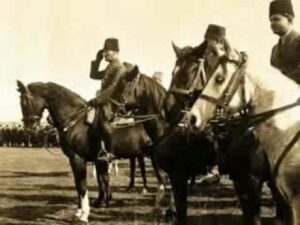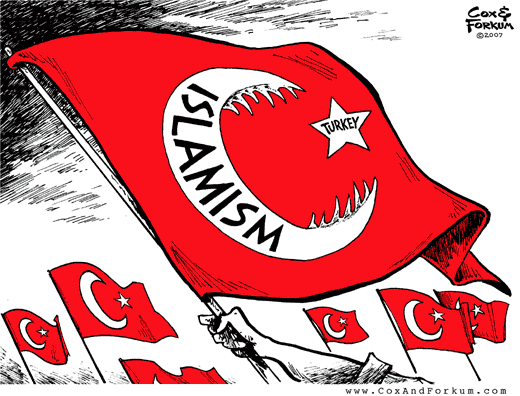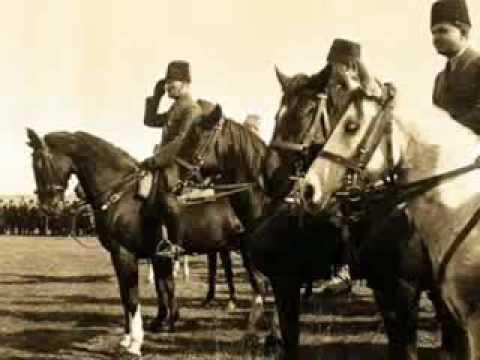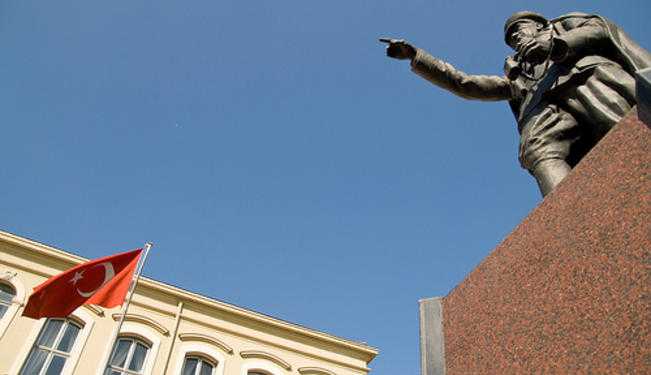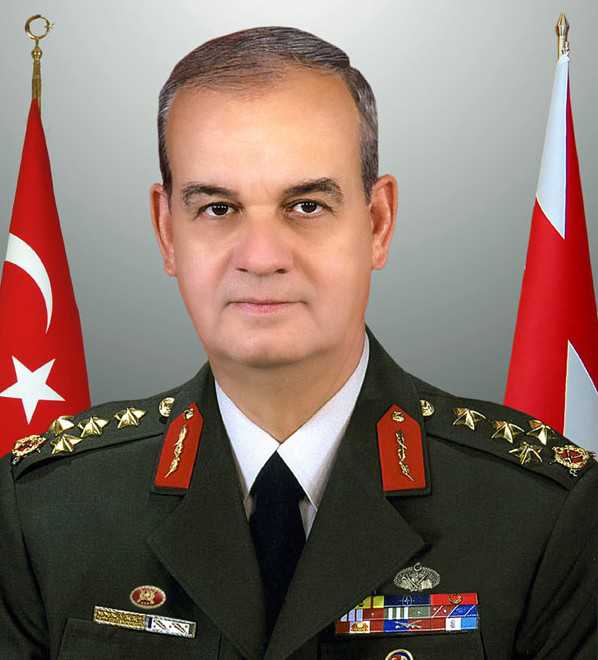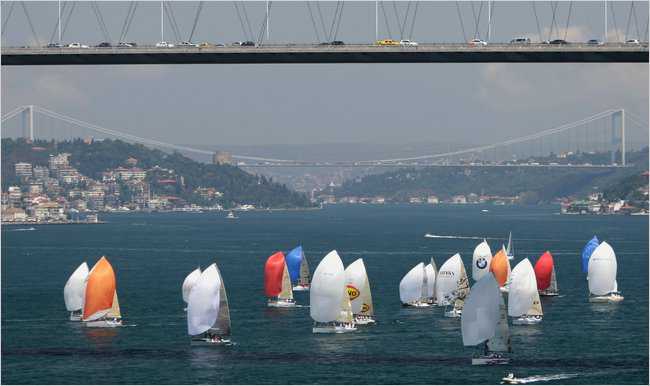AS HE LAY DYING
By Cem Ryan
As he lay dying in those autumn afternoons of 1938, Atatürk had one abiding desire. He longed for those distant days on horseback, just one more afternoon riding in the hills above the Bosphorus. He would go again with his military academy classmate, Ali Fuat, to the sultan’s hunting lodge in Alemdağ. They would once more picnic in that nearby meadow. Oh those cadet days, those days of youth. To be twenty-one again, rejuvenated. But by then the lodge was in ruins and Ataturk could barely walk.
Such is Turkey today. The nation of Atatürk is in ruins, his legacy near death. Think otherwise? Go see the ruination that today is Alemdağ. Go see where once grew the forests on the hills above the Bosphorus.
An emasculated army, a captive media, a politically compromised judiciary, and incompetent political opposition have sealed the fate of secular Turkey. These are the hammer blows to Atatürk’s dream.
Like Alemdağ, Turkey is a ruined landscape. Political corruption and environmental plunder have risen to the level of popular culture. Hundreds of those opposed to the ruling power are in jail. Listening devices and wire taps abound. Comments and demonstrations are stifled. The tone of public political discourse remains rancid. Insults, sex tape disclosures, threats and arrogant boasts are the fare fed to the passive Turkish public. The prime minister and his business cronies propose vast and bizarre infrastructure plans. They will dam all the rivers in order to generate electricity. They will dig a ridiculous canal from the Black Sea to the Mediterranean. And they will do it, the Turkish public being what it is. Money. Money. Money. Capitalism on amphetamines.
Meanwhile the needs of the vast armies of the unemployed and the impoverished go unaddressed. The ruling party presents outlandish schemes as fait accompli, so confident is it of an election landslide. Imagine a canal that circumvents the Bosphorus. Imagine two new cities built to extend the already polluted and seething Istanbul. Why? To make Istanbul safer from earthquakes, they say. Such is what passes for logical thinking. Bizarre? Yes, well then consider the prime minister’s plan to build a nuclear reactor along a fault line. Dangerous? Not to worry. It’s no more dangerous than the cooking gas container in your kitchen assures the prime minister at the top of his lungs. So much for the land that Atatürk started on the path to science and knowledge. Turkey lies dying, its natural resources plundered, its brain lobotomized.
Even Atatürk’s Address to Turkish Youth is attacked by the media jackals. Undemocratic, intolerant, authoritarian mentality, illiberal, paranoiac, racist, fascist, are some of the labels that these hacks use to describe Atatürk’s words. How sensitive these petty scribblers are to his cautions about internal enemies, and those in power collaborating with foreign governments. They throw their words, these so-called journalists without being aware of time, history or treacherous religious underbelly that has always prevailed in Turkey. It is no mystery why the Turkish society has been so violent. Just observe the way they drive their cars, cheer on their favorite football teams, conduct their political discussions. It is really ludicrous.
Among many other things—military leader, tactician, strategist, political scientist, social philosopher, educator—Mustafa Kemal Atatürk was a revolutionary thinker. He placed his trust in education and science. He trusted the future. For him, the future resided in the nation’s youth, not only in age but in mind. Such “youth” saw the way to a better world through the enlightened, founding principles that Atatürk embraced and applied to the new, revolutionary Turkey. That Turkey is dead.
The Turkish War of Independence was a great struggle for survival. The improbable victory was against all odds. The occupying great and not-so-great powers were sent away as they came. The backward, repressive five-century rule by religious dictators called sultans was consigned to the garbage dump of history. Youth was served. Instead of dark-minded ignorance there was the promise of education and enlightenment. Turkey was a young, revolutionary country, rid at last of the exclusive claims of religion, structured and heading towards a democratic future. But guess what? Turkey has a new sultan now, one with a sour face and an attitude to match. And the likes of him and his army of business jackals and covered women have the field to themselves. The treacherous political opposition works for its archaic itself. Turkey heads headfirst into the abyss, sleeping all the way.
A parting word on the political opposition. On Election Day, 12 June 2011, twenty-three separate parties stand in opposition to one party, the ruling party, the AKP. Representation in parliament requires gaining at least 10 percent of the total vote. The leading opposition party, the CHP, the party of Atatürk was the only opposition party sure of gaining some representation. It takes a special brand of ineptitude to be unable to find common ground to unify the opposition, an opposition that represents the majority of the total vote. The CHP, like Nero, fiddles around in nonsensical internal fights and petty arguments. But take a bold, active stand? Never! Rally the people? Impossible! It has been the best friend AKP. Who could imagine, a political weakling bearing the name “Ataturk’s Party.” Shameful!
Atatürk’s Turkey is in an existential struggle against the forces of fascist Islam. The Turkish army, the guarantor of Atatürk’s legacy, licks its wounds in silence. It’s generals run to America for help and instructions. The political opposition is doomed by its smug, selfish arrogance. The Turkish people, Atatürk’s beloved people, stand paralyzed, like the sheep on the eve of Kurban Bayram. Whither Turkey? Don’t ask.
Atatürk’s close friend, biographer and confidant, Falih Rıfkı Atay, wrote in 1968: “What would Atatürk do if he were alive today? Shall I tell you? He would curse the lot of us.” *
Cem Ryan
Istanbul
15 May 2012.
*Atay, Falih Rıfkı. The Atatürk I Knew, Yapi ve Kredi Bankasi, Istanbul, 1973, p. 252.
